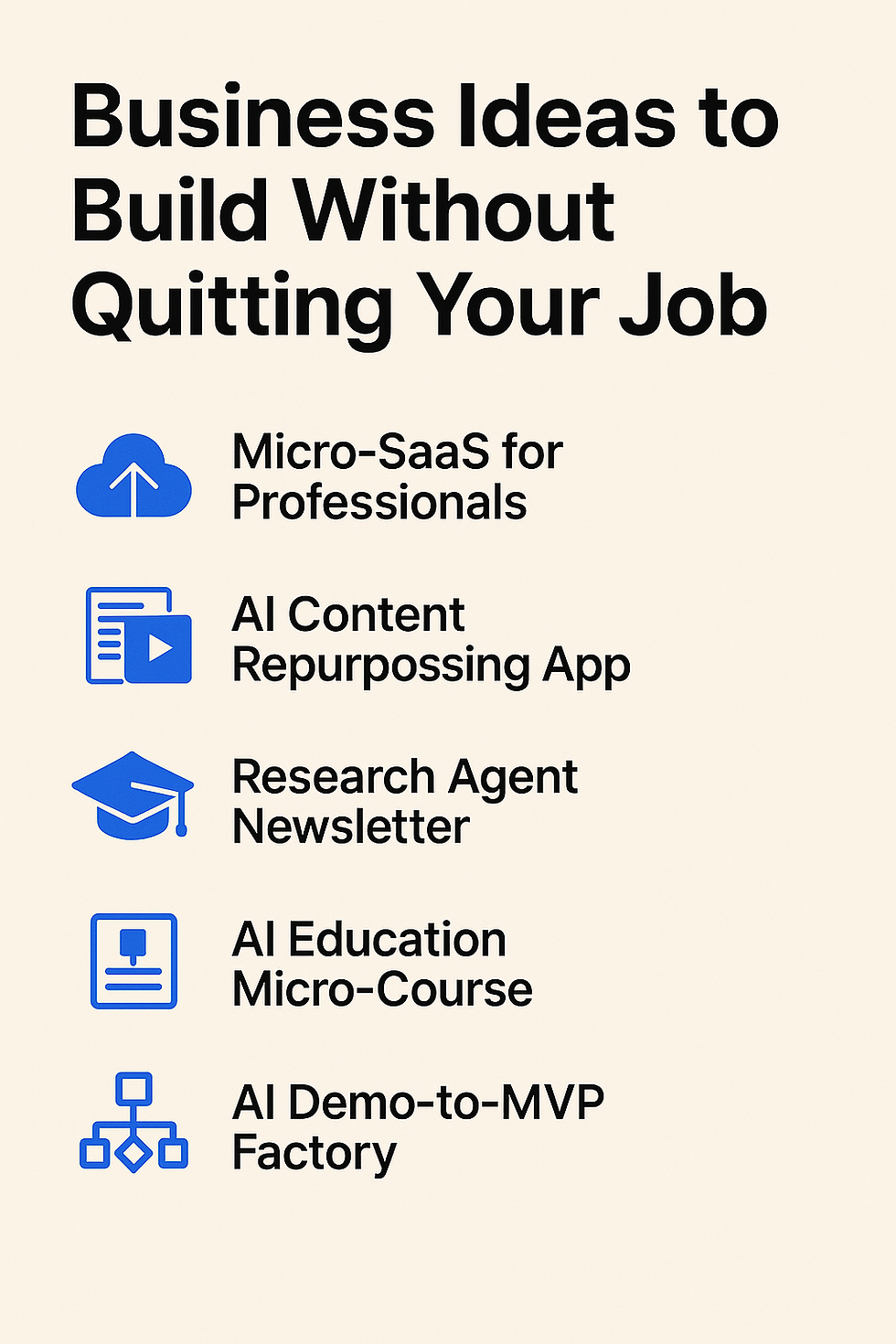Project Research Assistant: Multi-Agent System
- Codersarts

- Sep 22, 2025
- 4 min read

Executive Summary
The Project Research Assistant is a comprehensive multi-agent system designed to streamline the entire research and development workflow for academic, professional, and personal projects. By leveraging specialized AI agents working in coordination, this system transforms the traditionally fragmented process of research, analysis, development, and presentation into a seamless, automated pipeline.
Problem Statement
Modern research and project development involves numerous time-consuming, repetitive tasks that often create bottlenecks in productivity:
Information Overload: Researchers spend countless hours sifting through vast amounts of literature to find relevant sources
Manual Synthesis: Extracting key insights and organizing citations from multiple papers is labor-intensive
Development Friction: Starting new projects requires significant time investment in setting up boilerplate code and templates
Presentation Overhead: Converting research findings into presentable formats requires additional effort and different skill sets
Context Switching: Moving between different phases of work (research → analysis → coding → presentation) leads to cognitive overhead and inefficiencies
Current Pain Point: A typical research project can consume 60-80% of time on auxiliary tasks (finding sources, organizing information, setting up development environments, creating presentations) rather than actual innovative work and analysis.
Solution Overview
Our multi-agent system addresses these challenges through intelligent task delegation and seamless inter-agent communication, creating an integrated workflow that reduces project setup time from hours to minutes.
System Architecture
Agent Specifications
1. Research Agent
Primary Function: Intelligent literature discovery and source acquisition
Capabilities:
Automated search across multiple academic databases (PubMed, arXiv, Google Scholar, IEEE Xplore)
Semantic understanding of research queries to find contextually relevant papers
Quality filtering based on citation count, publication venue, and relevance scores
Real-time monitoring of new publications in specified domains
Integration with institutional library access systems
Output: Curated list of high-quality, relevant academic sources with metadata
2. Summarizer Agent
Primary Function: Content analysis and knowledge extraction
Capabilities:
Advanced natural language processing for academic text comprehension
Key insight extraction using extractive and abstractive summarization techniques
Automatic citation formatting in multiple academic styles (APA, MLA, Chicago, IEEE)
Cross-reference analysis to identify recurring themes and contradictions
Generation of annotated bibliographies with relevance ratings
Output: Structured summaries, key findings, and properly formatted citations
3. Code Helper Agent
Primary Function: Development environment setup and code scaffolding
Capabilities:
Project template generation based on research domain and requirements
Boilerplate code creation for common research methodologies
Integration setup for data analysis tools (Jupyter notebooks, R environments, MATLAB scripts)
Dependency management and environment configuration
Code documentation templates aligned with academic standards
Output: Ready-to-use project structure with starter code and documentation
4. Presentation Agent
Primary Function: Content transformation and visual communication
Capabilities:
Automated slide generation from research summaries and findings
Intelligent content organization following presentation best practices
Integration with popular presentation platforms (PowerPoint, Google Slides, LaTeX Beamer)
Visual element suggestions (charts, diagrams, infographics)
Speaker notes generation with key talking points
Output: Professional presentation materials ready for academic or professional contexts
Inter-Agent Communication Protocol
The system employs a sophisticated message-passing architecture where agents share structured data through standardized interfaces:
Research Agent → Summarizer Agent: Passes curated paper metadata and full-text access.
Summarizer Agent → Code Helper Agent: Shares methodological insights and technical requirements.
Summarizer Agent → Presentation Agent: Provides structured findings and key insights.
Code Helper Agent → Presentation Agent: Contributes technical diagrams and implementation details.
Value Proposition
Time Savings
Traditional Approach: 15-20 hours for comprehensive project setup
Multi-Agent System: 2-3 hours with higher quality output
Efficiency Gain: 85% reduction in auxiliary task time
Quality Improvements
Eliminates human error in citation formatting
Ensures comprehensive literature coverage through systematic search
Provides consistent project structure and documentation standards
Generates presentation materials aligned with academic best practices
Scalability Benefits
Simultaneous handling of multiple research queries
Parallel processing of different project components
Easy integration with existing research workflows
Customizable templates for different academic disciplines
Implementation Roadmap
Phase 1: Core Agent Development
Develop individual agent capabilities
Establish inter-agent communication protocols
Create basic user interface for system interaction
Phase 2: Integration and Testing
Integrate agents into cohesive system
Conduct extensive testing with real research projects
Refine agent coordination mechanisms
Phase 3: User Experience Enhancement
Develop intuitive web-based interface
Implement user feedback mechanisms
Add customization options for different research domains
Phase 4: Deployment and Optimization
Launch beta version for select user groups
Monitor performance and gather usage analytics
Implement performance optimizations based on real-world usage
Success Metrics
Time-to-First-Output: Target 15 minutes from query to initial results
User Satisfaction: Target 90% user approval rating
Adoption Rate: Target 70% return usage rate within first month
Quality Metrics: Citation accuracy >95%, relevance scoring >4.5/5
The Project Research Assistant represents a paradigm shift in how research and development projects are initiated and structured. By automating the most time-consuming aspects of project setup while maintaining high quality standards, this multi-agent system enables researchers, students, and professionals to focus on what matters most: generating insights, conducting analysis, and creating value through their work.
The coordinated intelligence of specialized agents working in harmony promises to democratize access to high-quality research methodologies and significantly accelerate the pace of innovation across academic and professional domains.
🚀 Build Your Own Project Research Assistant
Managing research, summarizing papers, and keeping up with market trends can be overwhelming. With a Multi-Agent AI System, you can automate research, analysis, and reporting—saving hours every week.
At Codersarts, we specialize in designing and deploying custom AI multi-agent systems that:
Crawl research papers, blogs, and social platforms.
Summarize and organize insights.
Match results to your business or academic goals.
Provide a clean, interactive interface to explore findings.
👉 If you’re an entrepreneur, researcher, or student looking to automate research workflows or build your own AI Research Assistant, our team can build and implement it for you.
Contact Codersarts today to turn this idea into a working product.


Comments